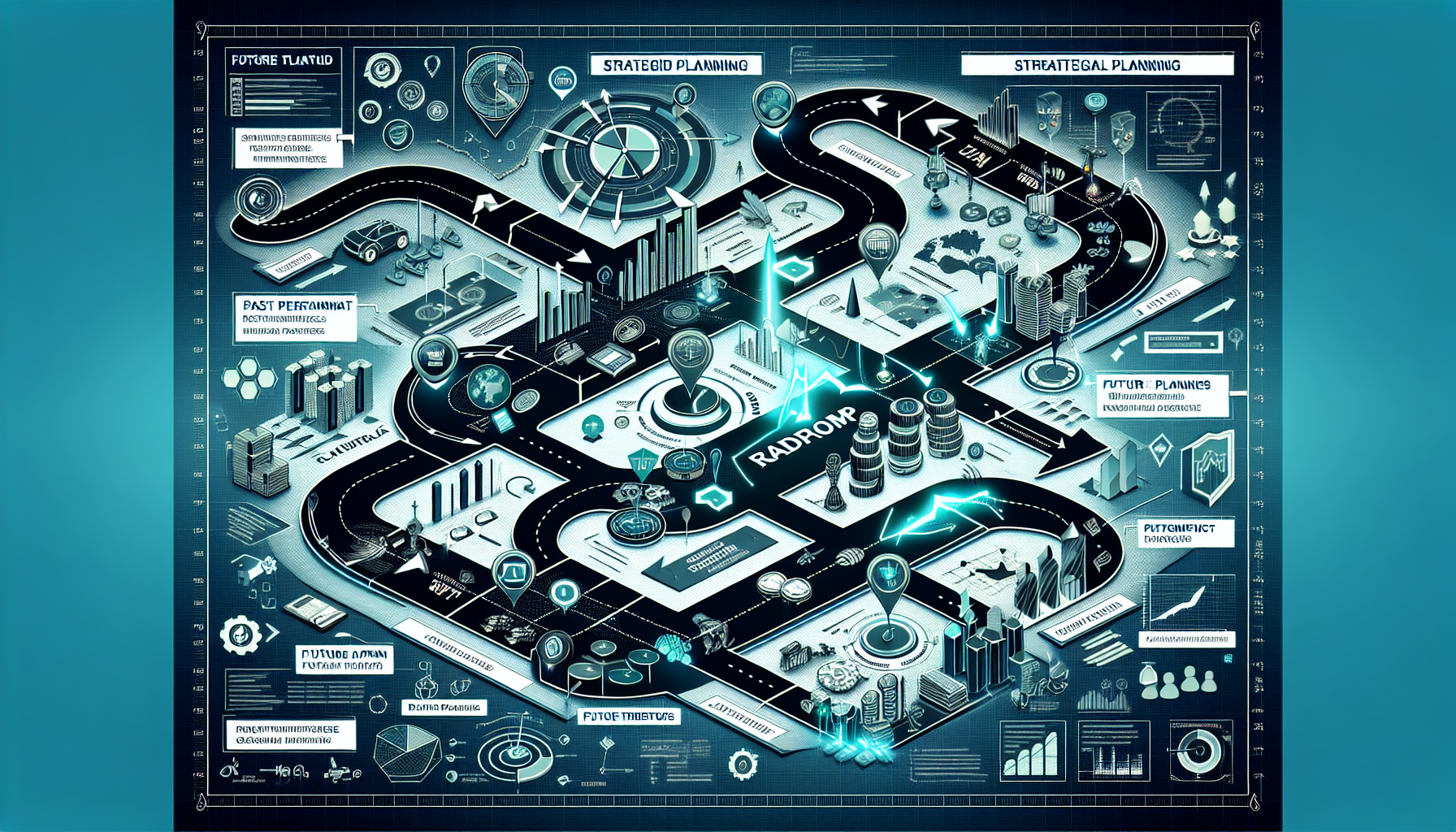Unpacking the Future of Fintech Careers

The rapid advancement of technology has given rise to new roles within the fintech sector, reflecting the industry's need for specialized expertise. Positions such as data analysts, blockchain developers, and cybersecurity experts are becoming increasingly crucial. For instance, data analysts are essential in interpreting vast amounts of financial data to inform decision-making and strategic planning. They utilize data visualization tools to transform complex datasets into actionable insights, helping businesses make informed choices. Similarly, blockchain developers are foundational in creating secure and efficient payment systems, ensuring transparency and trust in transactions. Their work is particularly relevant as cryptocurrencies gain popularity and companies seek to integrate blockchain technology into their business models. Furthermore, cybersecurity experts play a pivotal role in safeguarding sensitive customer information amid rising cyber threats, designing robust security protocols to protect financial institutions and their clients. At Fiserv, the emphasis on innovation fosters a culture of adaptability among employees. This not only enhances individual career prospects but also positions the company to remain competitive in the ever-evolving fintech landscape.
Skills in Demand
Success in the fintech industry requires a diverse set of skills that encompass both technical and soft competencies. Technical skills, such as proficiency in programming languages like Python and Java, along with a solid understanding of data analytics tools, are critical for many roles. For example, a solid grasp of machine learning algorithms can significantly enhance a data analyst's ability to predict trends and enhance decision-making. However, soft skills like adaptability, communication, and problem-solving are equally vital. The fintech sector is characterized by rapid change, and employees must quickly pivot and collaborate across teams. For instance, as customer needs evolve, the ability to communicate effectively with cross-functional teams ensures that products remain aligned with market demands. Moreover, familiarity with regulatory requirements and financial compliance is becoming increasingly pertinent as companies navigate complex legal landscapes. Fiserv prioritizes continuous learning, offering employees training programs and resources to develop both technical and soft skills, ensuring they remain competitive and innovative.
The Impact of Technology on Job Functions
The integration of advanced technology into the workplace is transforming job functions across various sectors within fintech. Automation, artificial intelligence (AI), and machine learning are streamlining processes, allowing employees to focus on more strategic and creative tasks. For instance, AI-powered chatbots are revolutionizing customer service roles, enabling representatives to concentrate on complex queries and relationship-building rather than routine inquiries. At Fiserv, technology is not merely a tool but a catalyst for professional growth. The company actively encourages employees to engage with new technologies and methodologies, fostering an environment where innovation thrives. This commitment to technology not only enhances employee efficiency but also positions Fiserv as a leader in the fintech space.
The Path Ahead for Job Seekers
For job seekers aspiring to break into the fintech industry, particularly at Fiserv, understanding the landscape and preparing accordingly is crucial. Networking, staying updated with industry trends, and acquiring in-demand skills can significantly enhance a candidate's prospects. Engaging with online courses, attending industry conferences, and participating in relevant workshops can provide valuable insights and connections. Additionally, aspiring fintech professionals should embrace a growth mindset. The ability to adapt to change, continuously learn, and tackle new challenges will be invaluable in an industry that is in constant flux. By fostering a mindset oriented toward growth and flexibility, candidates can position themselves for success in their fintech careers.
The future of fintech careers at Fiserv is promising, brimming with opportunities for those willing to embrace change and innovation. As the industry continues to evolve, understanding emerging roles, cultivating essential skills, and adapting to technological advancements will be key for job seekers. Fiserv stands out not only for its cutting-edge solutions but also for its commitment to employee growth and development. For those looking to embark on a career in fintech, the time to act is now—an exciting world of opportunities awaits, driven by innovation and a commitment to excellence in financial technology.
Data Analyst - Financial Services
Fiserv, PayPal, JPMorgan Chase
Core Responsibilities
Analyze and interpret complex financial datasets to drive strategic business decisions.
Develop data visualization dashboards using tools like Tableau or Power BI to present actionable insights to stakeholders.
Collaborate with cross-functional teams to identify data needs and improve data collection processes.
Required Skills
Proficiency in programming languages such as Python or R for data manipulation.
Strong understanding of statistical analysis and machine learning techniques.
Excellent communication skills to effectively convey technical information to non-technical stakeholders.
Blockchain Developer
Ripple, ConsenSys, Fiserv
Core Responsibilities
Design and implement blockchain protocols and smart contracts to enhance transaction security and efficiency.
Collaborate with product teams to integrate blockchain technology into existing financial systems.
Conduct research on emerging blockchain trends and assess their potential applications in the financial sector.
Required Skills
Proficiency in programming languages such as Solidity, JavaScript, or Go.
Deep understanding of cryptography, distributed ledger technology, and consensus algorithms.
Experience with blockchain platforms like Ethereum or Hyperledger.
Cybersecurity Analyst - Fintech
Fiserv, Mastercard, Bank of America
Core Responsibilities
Monitor and analyze security threats to protect sensitive customer and transaction data.
Develop and implement security protocols and incident response plans to mitigate risks.
Conduct regular security audits and vulnerability assessments to ensure compliance with regulatory standards.
Required Skills
Familiarity with security tools such as SIEM (Security Information and Event Management) systems.
Knowledge of regulatory requirements (e.g., GDPR, PCI-DSS) and best practices in cybersecurity.
Strong analytical skills and experience in incident management and response.
Product Manager - Fintech Solutions
Fiserv, Stripe, Square
Core Responsibilities
Lead the development of innovative financial products from ideation through launch, ensuring alignment with market needs.
Collaborate with engineering, design, and marketing teams to deliver user-centric solutions.
Analyze user feedback and market trends to refine product features and enhance user experience.
Required Skills
Strong understanding of agile methodologies and product development cycles.
Excellent communication and project management skills to coordinate cross-functional teams.
Experience with financial services or technology products, and familiarity with UX/UI design principles.
Compliance Analyst - Financial Technology
Fiserv, Goldman Sachs
Core Responsibilities
Ensure adherence to financial regulations and compliance standards throughout the organization.
Analyze policies and procedures to identify potential compliance risks and recommend improvements.
Prepare for and participate in audits, ensuring all documentation is accurate and up-to-date.
Required Skills
Strong knowledge of financial regulations and compliance frameworks (e.g., AML, KYC).
Excellent analytical skills and attention to detail for thorough risk assessments.
Ability to communicate complex regulatory information clearly to various stakeholders.


